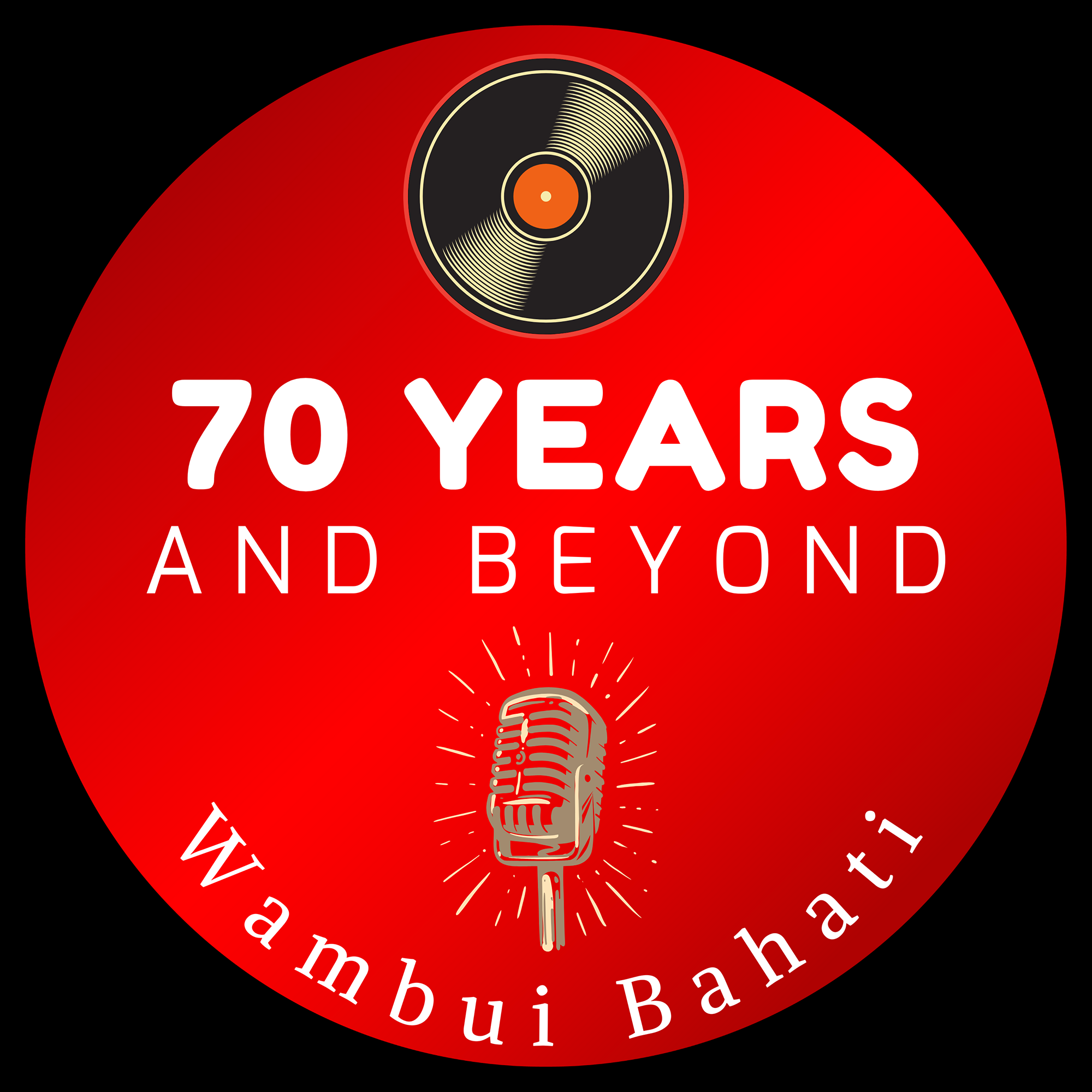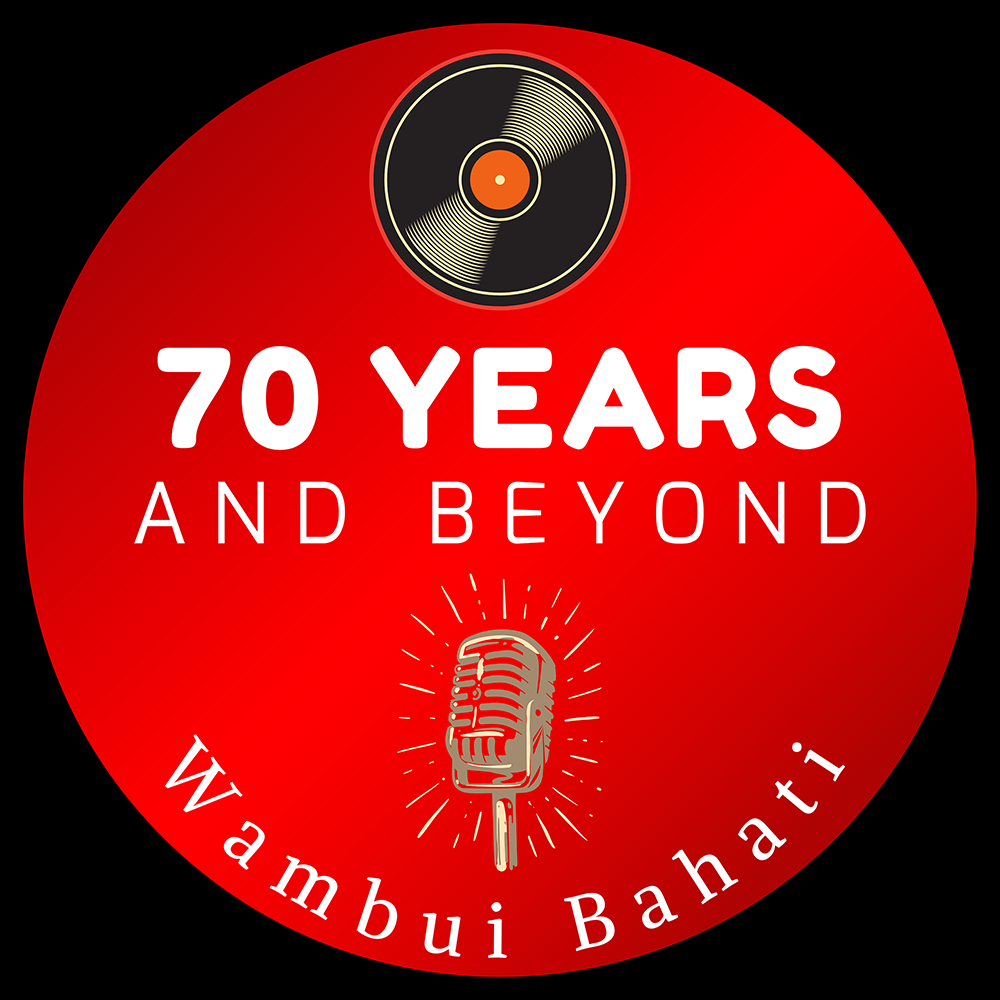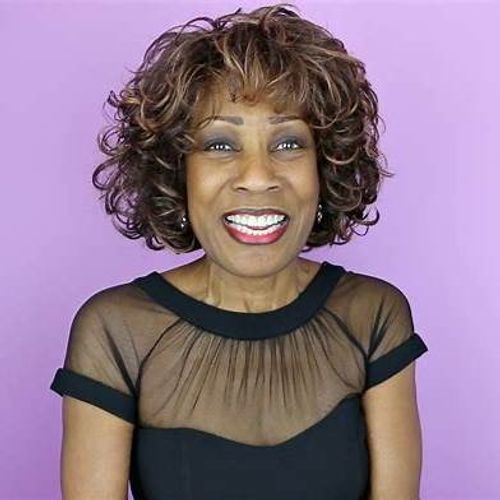Kool-Aid, Chips, and Crushes: My Dudley High School Party Chronicles
Remembering the weekend parties at Dudley High School in 1968 brings back a flood of good vibes and giggles! We dive into the wild world of house parties, where everyone seemed to know about them—even if they weren't technically invited. I made it my mission to hit every single party on the block, whether it was Friday or Saturday night, because who could resist the allure of chips, Kool-Aid, and a chance to dance? Sure, there was that one time I got turned away by a mom guarding the door like a bouncer at a club, but hey, that just made the stories better! So, grab your favorite snack and join me as we reminisce about the good ol' days of basement boogies, crushes, and the unforgettable tunes that made those nights legendary.
Takeaways:
- In 1968, weekend parties were a staple of high school life at Dudley High.
- I wasn't always invited, but you could count on me showing up anyway!
- Nothing like dancing in a hot basement while trying not to mess up your hair.
- One unforgettable night, my small gathering turned into the party of the year!
Transcript
Dudley High School.
Speaker A:I loved weekend parties.
Speaker A:On the weekends, someone at my school would at least one person would be giving a party on a Friday night or Saturday night.
Speaker A:Sometimes there'd be like several parties on Friday night as well as several parties on Saturday night on the same weekend.
Speaker A:And I made it my business to be at all of them.
Speaker A:Now, I was not necessarily invited.
Speaker A:In fact, I wasn't invited to all of them, but I made it my business to be at all of them.
Speaker A:Now, the parties were given by people that I went to school with, so I felt comfortable to show up.
Speaker A:If there was a person giving a party that I didn't feel comfortable with, then I would skip that party.
Speaker A:But for the most part, I just went to every party that I heard about.
Speaker A:And like I said, I would hear about them because I was not necessarily indirectly invited to them.
Speaker A:But I justified that by saying, well, they know I'm coming.
Speaker A:I'm coming to the party anyway.
Speaker A:So it would be redundant to invite me when you know I'm coming, I'm coming.
Speaker A:I'm going to support you.
Speaker A:I'm going to be there.
Speaker A:So I would show up.
Speaker A:There was only one time when I was not allowed.
Speaker A:I was turned away from partying.
Speaker A:And I was recently talking to a friend of mine, Doris, who was a friend of mine, who we went to high school together.
Speaker A:And we were recently just talking about the time we were turned away from the party.
Speaker A:And that was because the girl's mama was on the door.
Speaker A:The girl's mama was on the door with a list.
Speaker A:And she would ask you your name and look at the list.
Speaker A:And if you weren't on the list, she'd say, you can't come in.
Speaker A:You're not on the list.
Speaker A:Embarrassing.
Speaker A:Turned away from a party.
Speaker A:Usually nobody's mama was on the door like that.
Speaker A:Usually you would arrive at a house, you knock on the door or ring the bell.
Speaker A:They'd say, come in, or open the door.
Speaker A:If you look decent.
Speaker A:Nobody cared.
Speaker A:You just stayed and you partied.
Speaker A:Now, the food at the party usually consisted of chips, various types of chips, Kool Aid and.
Speaker A:Or some types of punch.
Speaker A:And if it was a birthday, of course, a cake, and other times maybe a cookies or something like that.
Speaker A:These were what we called house parties.
Speaker A:They were in the house and or basement parties, because they were in your finished basement.
Speaker A:If it was nice weather and spring, sometimes they would be backyard parties.
Speaker A:Most of the time they were house and or basement parties.
Speaker A:That I attended.
Speaker A:My mother worked the graveyard shift at L.
Speaker A:Richardson Hospital, which meant that she went in at midnight and she got off at about 7:00 in the morning, which meant that the car was free for me.
Speaker A:Now, I had my license by the time I was in a senior, so the car was free in the afternoons and the evenings.
Speaker A:So that if I needed to drive myself to a somewhere for a theater rehearsal, or if I needed the car for a party on the weekend, as long as I had the car back in time for my mother to go to work, and she happened to be working on that weekend, then I was good to go.
Speaker A:She did say you had to come with your own gas, which was.
Speaker A:Gas was somewhere around 35 cents, I think it was.
Speaker A:The average was like 35, maybe 45, but I think it was more like 35.
Speaker A:And I do know that there were some places where you get a gallon of gas for 25 cents.
Speaker A:Now, here's what is embarrassing is that sometimes it was hard to come up with 25 or 35 cents for some gas.
Speaker A:But whoever I was riding with, usually it was a girl named Frances.
Speaker A:She was my party traveling buddy, usually her.
Speaker A:And sometimes it was just different people, but mainly I remember Frances, but whoever was riding with me, we pool our money together and we try to come up with at least a dollar.
Speaker A:If we got a dollar, we knew we were good to go.
Speaker A:One of the reasons why I like going to the parties too is because you got to wear your best skirt, your best shirt or sweater.
Speaker A:You just got to do something a little extra, wear your hair a little different than you would normally wear it at school, or wear an accessory in your hair that you wouldn't have worn to school.
Speaker A:So you're just going out to the parties, and I like the idea of just getting a little fancier.
Speaker A:We would go to a party and if there, we'd look around and see who was there.
Speaker A:And basically it was kind of like we'd look for guys that we had crushes on.
Speaker A:Now, these guys didn't know we had crushes on them, but they were just guys that amongst ourselves, we had talked about.
Speaker A:So we'd go to a party and we'd hang out, dance for a little while, see who was there.
Speaker A:And we didn't see the guys or a guy that we wanted to see.
Speaker A:Then we say, let's go to the next party.
Speaker A:And so we go to the next party and then we do the same thing.
Speaker A:Dance a little bit, have a few chips, look around, see who's There.
Speaker A:And so we would.
Speaker A:That was our thing that was fun to do.
Speaker A:And we would go to all these parties.
Speaker A:And like I said, the thing was dancing.
Speaker A:I loved to dance.
Speaker A:Dance.
Speaker A:And there was fast dancing and then there was what they called a slow drag.
Speaker A:Wasn't really a drag.
Speaker A:It was just kind of like moving side to side or sometimes just even standing still close to that person who had invited you to dance slow with them.
Speaker A:Now, I love, love, love most any song you can name from that era.
Speaker A:I love that.
Speaker A:I tell you one song, though, that I love.
Speaker A:It was a great song, but I didn't like when they played it at parties.
Speaker A:And that was a song called you Never Lost.
Speaker A:Okay, no, you've lost that loving feeling by the Righteous Brothers.
Speaker A:You never close your eyes anymore when I kiss your lips.
Speaker A:That song.
Speaker A:Okay, now that was a good song.
Speaker A:But I'll tell you why I didn't like it at parties is because, as I recall, that was a very long song.
Speaker A:So to be, as they call, slow dragging with somebody that you weren't really that into.
Speaker A:And sometimes it would be hot because we were into our sweaters now.
Speaker A:We all had our wool sweaters.
Speaker A:And in this, in the fall and winter, in those wool sweaters and a hot basement, and you're leaning up against somebody and you're trying to slow drag and you're trying not to get your freshly pressed hair to, as we used to say, go back, that means get kinky again and be dancing to a song as long as that song.
Speaker A:I just remember that song being so long, to the point where when I heard that song was coming on, I would just get up and go to the bathroom because I didn't want it.
Speaker A:That song was just too long.
Speaker A:Now I don't really remember having parties myself.
Speaker A:I may have had small gatherings, but I don't remember having a party.
Speaker A:Except one time.
Speaker A:I remember there was a game at my high school on this particular night.
Speaker A:It was a spring night.
Speaker A:The weather was amazing.
Speaker A:It was just a perfect night.
Speaker A:And there was a game at the.
Speaker A:At the.
Speaker A:At the high school stadium.
Speaker A:And I was there.
Speaker A:And then I remember telling somebody, you know what?
Speaker A:I'm going to have a party after this is over at my house.
Speaker A:And I'm thinking, I'll just go by the store, get some chips, get some Kool Aid, and we're just going to have a party.
Speaker A:I said, so if you want to party, just come by my house.
Speaker A:Now, this is when I first started finding out what payback is about, because I was just trying to have a small gathering at my home.
Speaker A:I wasn't well.
Speaker A:What ended up happening is word spread through the game as the game was going on.
Speaker A:By the time the game was over, everybody, it seemed like everybody at the game, even the other team showed up at my house.
Speaker A:Now, I only lived in a small two bedroom house with an unfinished basement.
Speaker A:My basement was good for only storage.
Speaker A:There were people in the living room, people in the den, people in the kitchen, people in the front yard, people in the backyard.
Speaker A:There were people everywhere.
Speaker A:Now my father who worked for the post office got off from work at midnight and when he came in into the house, he was looking around like what just happened up in here?
Speaker A:And I was looking at him and as if to say, I don't know what happened either, but I guess now I know how people feel when other people who you don't invite come to your party.
Speaker A:That was one of the things that I really enjoyed.
Speaker A:I loved a good party.



